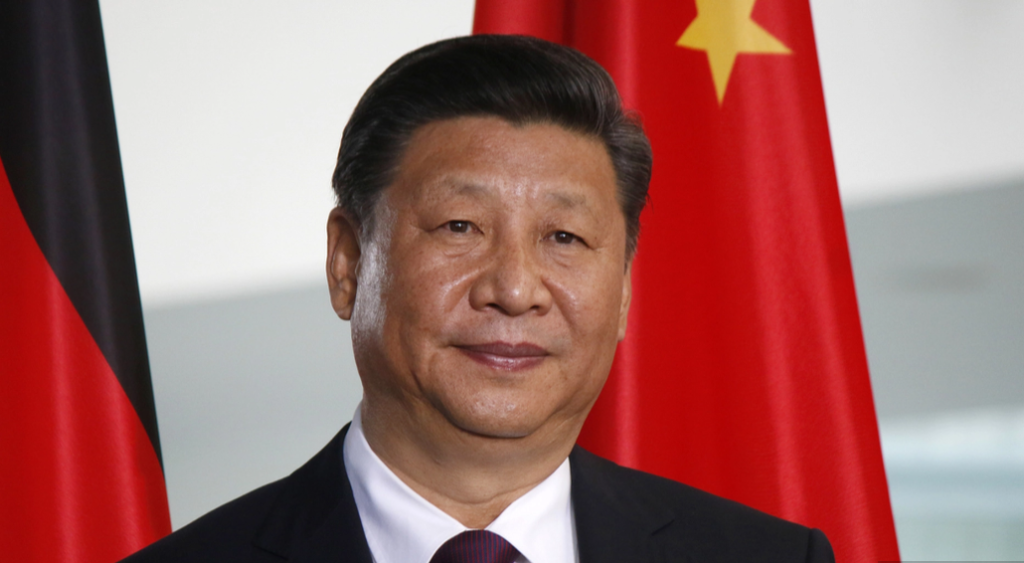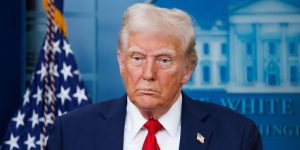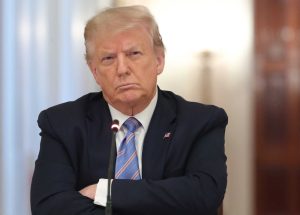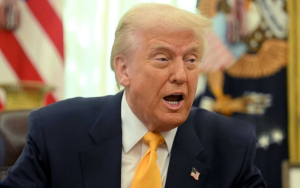Xi Jinping and Viktor Orbán are strengthening cooperation between China and Hungary.
Others are reading now
Chinese President Xi Jinping wrapped up his first European tour in five years with a strategic meeting in Budapest, where he met with Hungarian Prime Minister Viktor Orbán.
The leaders announced an enhancement of their countries’ relationship to an “all-weather comprehensive strategic partnership.”
Xi described the meeting as a new starting point to elevate bilateral relations and practical cooperation.
Key initiatives from the meeting include the reconstruction of the Budapest-Belgrade railway and expanded cooperation in the nuclear industry, according to Reuters.
Also read
The $2.1 billion Budapest-Belgrade project, primarily financed through a loan from China, is part of the Belt and Road Initiative aimed at improving global infrastructure across Asia, Africa, and Europe.
Strategic Developments and Future Collaborations
Following the talks, Hungary and China signed 18 agreements.
Hungarian Foreign Minister Peter Szijjarto outlined plans for a railway line around Budapest to facilitate the transport of goods from Chinese factories in eastern Hungary to Western Europe.
Additionally, the countries will develop a high-speed railway connecting central Budapest with the city’s airport.
Since coming to power in 2010, Orbán has increasingly aligned Hungary with China.
This relationship has deepened further as battery and electric vehicle manufacturers began investing in Hungary. Notably, CATL is constructing a €7.3 billion battery factory in Debrecen, while BYD is setting up its first European factory in Szeged.








